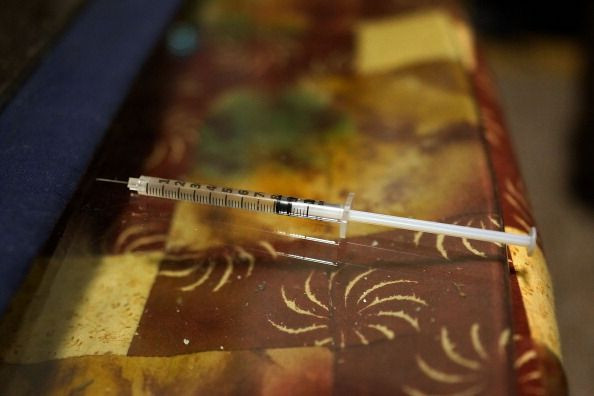Opioid Crisis: Online Drug Kingpin Faces Trial In Utah

A Utah man who made millions selling fentanyl under the guise of counterfeit prescriptions will soon face justice.
Aaron Shamo, 29, stands trial Monday along with a number of associates who helped him build a multi-million-dollar online drug empire. Shamo ran the operation from the basement of his suburban Salt Lake City home, selling fake prescription pills laced with fentanyl, a potent opioid credited with worsening America’s ongoing opioid crisis.
Prosecutors for the case have alleged that Shamo’s operation led to dozens of customers dying of overdoses. Despite that, he is only being charged with one death, an individual referred to as "R.K.," who died at 21 years old in June 2016 after snorting fentanyl that Shamo’s operation passed off as oxycodone.
The case is expected to blow the lid off numerous details regarding the proliferation of opioids in the U.S. These include ways in which fentanyl can be imported from China, pressed into pills and sold through black markets all over the country.
Shamo was arrested in 2016 in what authorities claimed to be one of the biggest busts of its kind in the U.S. In the raid of his Cottonwood Heights home, agents found $1 million in cash held in garbage bags and thousands of pills. Shamo’s family claim that he has been singled out by authorities, as his associates on the marketplace were offered more lenient plea deals.
"He was brought in and saw the opportunity for making money, and he didn't truly understand the danger behind what he was doing, how dangerous the drugs were," Mike Shamo, Aaron’s father, said.
"I think he was able to separate what he was doing because he never saw the customer. To him, it was just numbers on a screen… We just want equity. We want equality for everyone in this, so those that were equally guilty are held accountable for their actions."
© Copyright IBTimes 2025. All rights reserved.





















